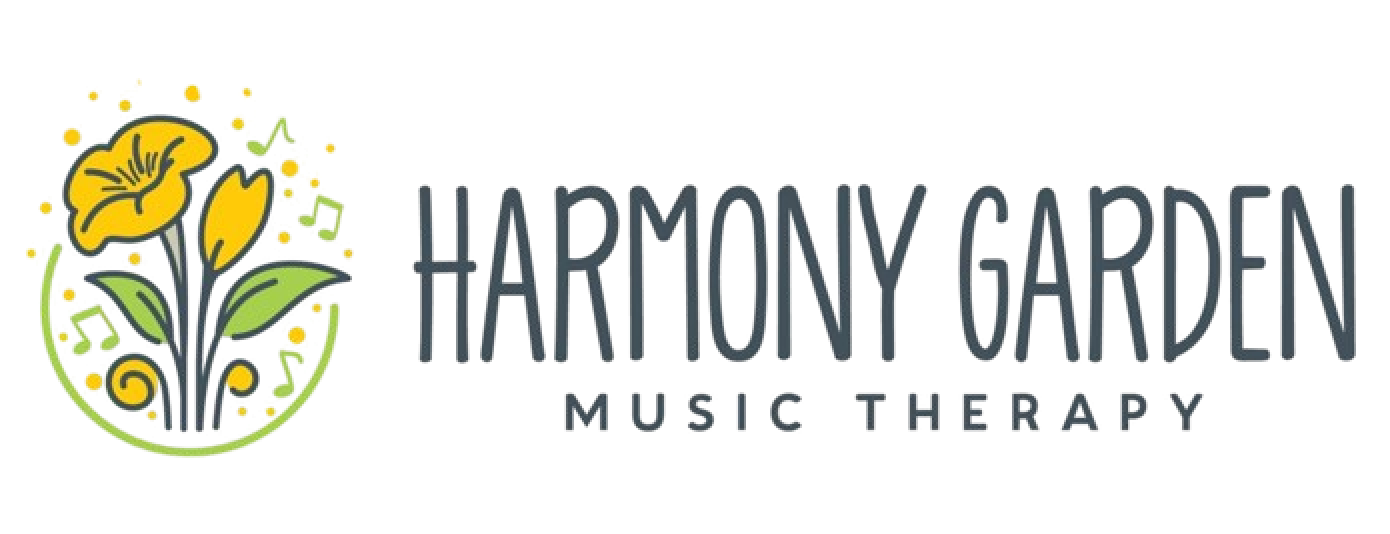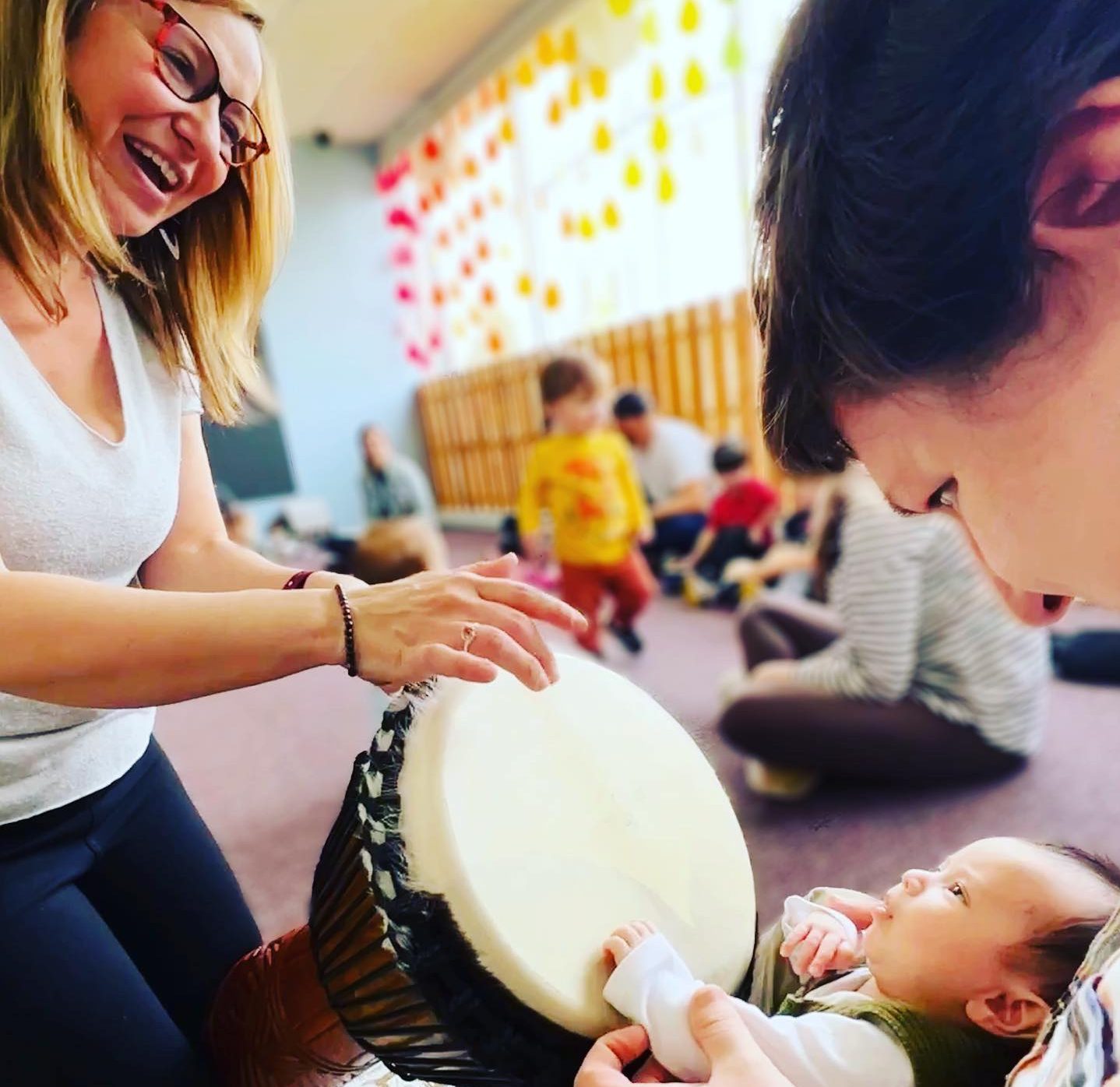MUSIC THERAPY and how it can help CRISIS/TRAUMA in CHILDREN

What is Music Therapy?
Music Therapy is the clinical and evidenced-based use of music interventions to accomplish
individualized goals within a therapeutic relationship by a credentialed MT-BC. Music
therapy is a well-established allied health profession similar to speech therapy, occupational
therapy and physical therapy. It consists of using music therapeutically to address physical,
psychological, cognitive, behavioral and/or social emotional functioning.
Because music therapy is a powerful and non-threatening medium, unique outcomes are
possible. With young children, music therapy provides a unique variety of music experiences
in an intentional and developmentally appropriate manner to effect changes in a child’s
behavior and facilitate development of his/her communication, social/emotional, sensori-
motor, and/or cognitive skills.
How Does Music Therapy Help Those Affected By Crisis Or Trauma?
Music therapy has been shown to have a significant effect on an individual’s relaxation,
respiration rate, self-reported pain reduction, and behaviorally observed and self-reported
anxiety levels. A coordinated program of music and music therapy interventions in response
to crisis or trauma, designed and implemented by a qualified music therapist, provides
opportunities for:
- Non-verbal outlets for emotions associated with traumatic experiences
- Anxiety and stress reduction
- Positive changes in mood and emotional states
- Active and positive participant involvement in treatment
- Enhanced feelings of control, confidence, and empowerment
- Positive physiological changes, such as lower blood pressure, reduced heart
rate, and relaxed muscle tension - Emotional intimacy with peers, families, caregivers
- Relaxation for family groups or other community and peer groups
- Meaningful time spent together in a positive, creative way
Why Music Therapy?
Music therapy may address several needs simultaneously in a positive and exciting medium:
it may provide pleasurable learning that promotes success. Furthermore, music therapy can
greatly enhance the quality of life of the young child and his/her family. Music is often the
first thing to which a child relates. It is a “universal language” that crosses all cultural lines.
Music occurs naturally in our environment in many settings and is a socially appropriate
activity and leisure skill. Most people, especially children, enjoy music – therefore, music
therapy can be the therapy that reinforces all other therapies.
Information above adapted from the AMTA Fact Sheets
www.musictherapy.org







